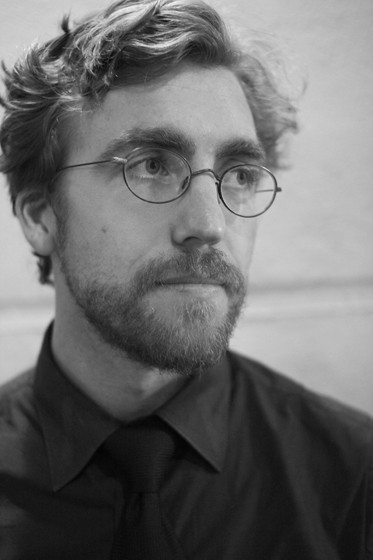Liberal arts for Muslims: Scott Korb on Zaytuna College

Scott Korb, coauthor of The Faith Between Us, did research on the nation’s first Muslim liberal arts college and wrote a book about it: Light without Fire. Zaytuna College, located in Berkeley, California, near the campus of the Graduate Theological Union, describes its mission as preparing “professional, intellectual, and spiritual leaders who are grounded in the Islamic scholarly tradition and conversant with the cultural currents and critical ideas shaping modern society.” The college expects to have about 60 students when it begins its third year of classes this fall.
Can you briefly describe the nature of Zaytuna College?
The school originally began as a liberal arts college with two majors, one in Islamic law and theology and one in Arabic. In the second year, it shifted to a Great Books model and a focus on the seven liberal arts—logic, rhetoric, grammar, astronomy, music, geometry and math.





